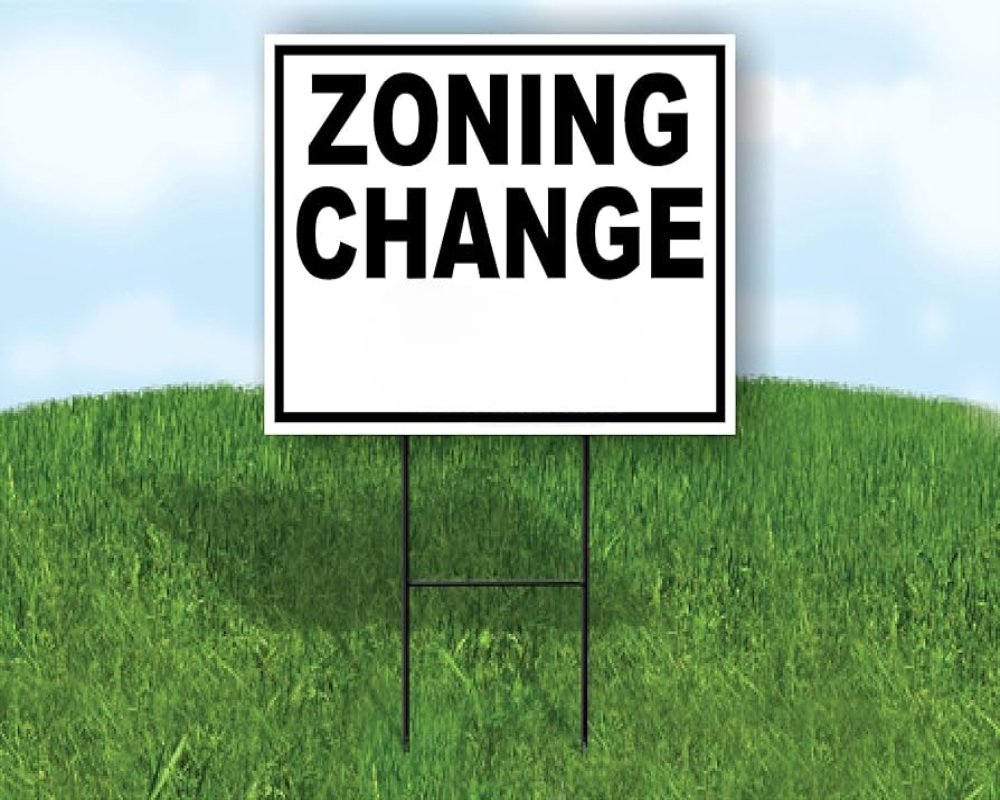1. Definition of Conditional Uses
Conditional uses (also called special uses) are land uses that are not automatically permitted under a zoning classification but may be allowed under specific conditions. These uses require review because they could have potential impacts on surrounding properties, infrastructure, or community character. They differ from “by-right” uses, which are automatically permitted, and often require public oversight.
2. Common Examples of Conditional Uses
While conditional uses vary by zoning district and locality, typical examples include:
- Religious institutions in residential zones.
- Daycare centers or schools in commercial or residential areas.
- Gas stations, car washes, or drive-thru restaurants in retail corridors.
- Telecommunication towers, utility substations, or solar farms in industrial zones.
These uses may be allowed if they meet specific performance standards such as traffic flow, noise control, or design compatibility.
3. Approval Process for Conditional Uses
To pursue a conditional use, property owners must typically:
- Submit a Conditional Use Permit (CUP) application.
- Provide detailed plans and impact assessments.
- Attend public hearings before a planning commission or zoning board.
- Comply with conditions or restrictions imposed by the approving authority (e.g., limited operating hours, landscape buffers, traffic improvements).
Final approval may come from a city council or county board, depending on local laws.
4. Where to Find Allowed Conditional Uses
To determine which conditional uses apply to a specific property:
- Review the zoning ordinance for the local jurisdiction.
- Look up the zoning classification for the parcel using the zoning map.
- Refer to the use table or schedule of uses in the code, which lists allowed, conditional, and prohibited uses.
- Consult with the local planning or zoning department for clarification or pre-application guidance.
Understanding these uses is vital for evaluating property potential, especially for investors, developers, and business owners aiming to introduce non-standard uses.


